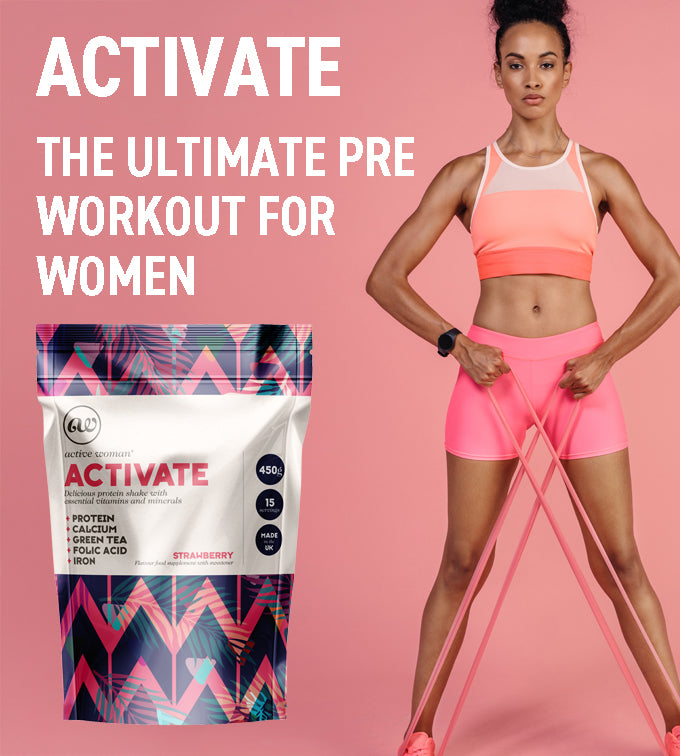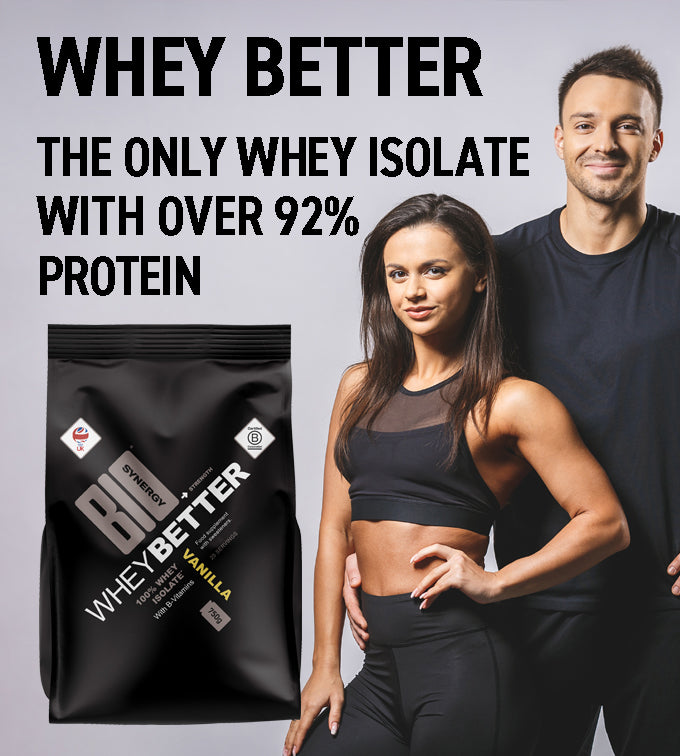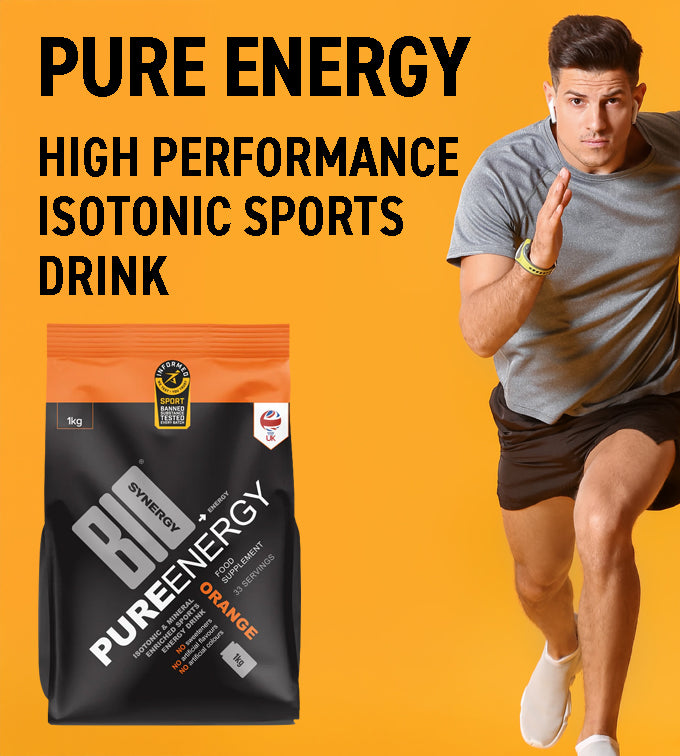Plant-based diets are becoming increasingly popular given a greater awareness around animal ethics/rights/welfare, the production of meat, and environmental concerns. Also for health reasons with many traditional Eastern practices - including vegetarianism – and increased awareness of food allergies and intolerances inspiring detoxification, cleansing and weight loss diets.
Whatever your reasons, as an athlete or regular gym goer there many benefits to eating less meat without compromising your training and performance goals:
•A diet with a larger vegetable, pulse, grain and fruit component significantly boosts your micronutrient intake. Micronutrient –vitamins and minerals - are essential to health and wellbeing.
•Meat-free days give the digestive system a ‘time-out’ from the tougher job of processing meat (particularly red meats, fattier cuts and pork). This means time to heal for improved gut health, and hence nutrient absorption i.e. more efficient absorption and use of nutrients obtained from food/drinks consumed. This is also a benefit of intermittent fasting.
•Plenty of leafy green vegetables, berries and other colourful vegetables help with various processes that assist the body in breaking down and/or flushing out toxins and metabolic by-products. This helps the body manage recovery and inflammation. Also, with maintaining a more alkaline state (refer to previous point regarding gut health).
•Regular, healthy bowel movements!
•Reduced intake of saturated fats associated to heart disease
•Redresses a good macro-nutrient balance i.e. offsets over-eating of protein and/or good fats (key to weight management/maintenance)
•More sating meals due to the higher fibre content (fibre can only be derived from plant based foods). Again, this can help with weight management/maintenance goals.
•More colourful, varied, and appetising meals!
Still worried about hitting your protein requirements?
A meatless day with an adequate intake of protein is easy:
•Start your day with eggs; vegetable omelette or frittata.
•Lunch could include a serving of tofu/tempeh or a sandwich made with a high protein bread.
•Snack on a high protein yoghurt, quark or cottage cheese with sunflower or pumpkin seeds and berries or a small handful of nuts.
•Have plant-based protein shake post-workout. Try the Bio-synergy ‘lean and green’ vegan protein powder.
•A high protein plant based pasta (bean, lentil, edamame based) in tomato sauce with roast vegetables for dinner.
In fact you will probably be close to exceeding your protein requirements by the time you include incidental protein; nutritional yeast (use to season food and enjoy the light cheesy taste), cheese, nuts/nut butters, seeds, roasted chickpea/ pea snacks, quinoa, bulgur wheat, beans, peas, hummus, oats, BCAA drinks and/or a protein bar (some contain gelatine which is an animal derived binder – check the label for vegetarian or vegan friendly markers/text).
The one challenge can be that some vegetarian protein sources mean a higher carbohydrate intake; prioritise these foods around your workout – i.e. pre and post workout – and gaining additional body fat at the expense of a meatless day or two a week needn’t be a concern.
Fortunately, there are so many varied, interesting vegetarian options when eating out. Similarly, the fitness industry has seen a surge in ‘food prep’ companies with a growing niche of those that genuinely cater to vegetarian and vegan audiences. If the idea of innovative, interesting vegetarian cooking seems a bit of a challenge, have you considered the option of using one of these but supplementing with your own protein source e.g. salmon, eggs, turkey? Not only will you be doing yourself and the environment a favour; you’ll be saving on time in the kitchen!
And remember, you don’t have to wait until a Monday to #makeithappen!
Got questions, experiences or tips you want to share as a meatless athlete or meatless Monday athlete?
Tweet @Biosynergy or @weasellulu







